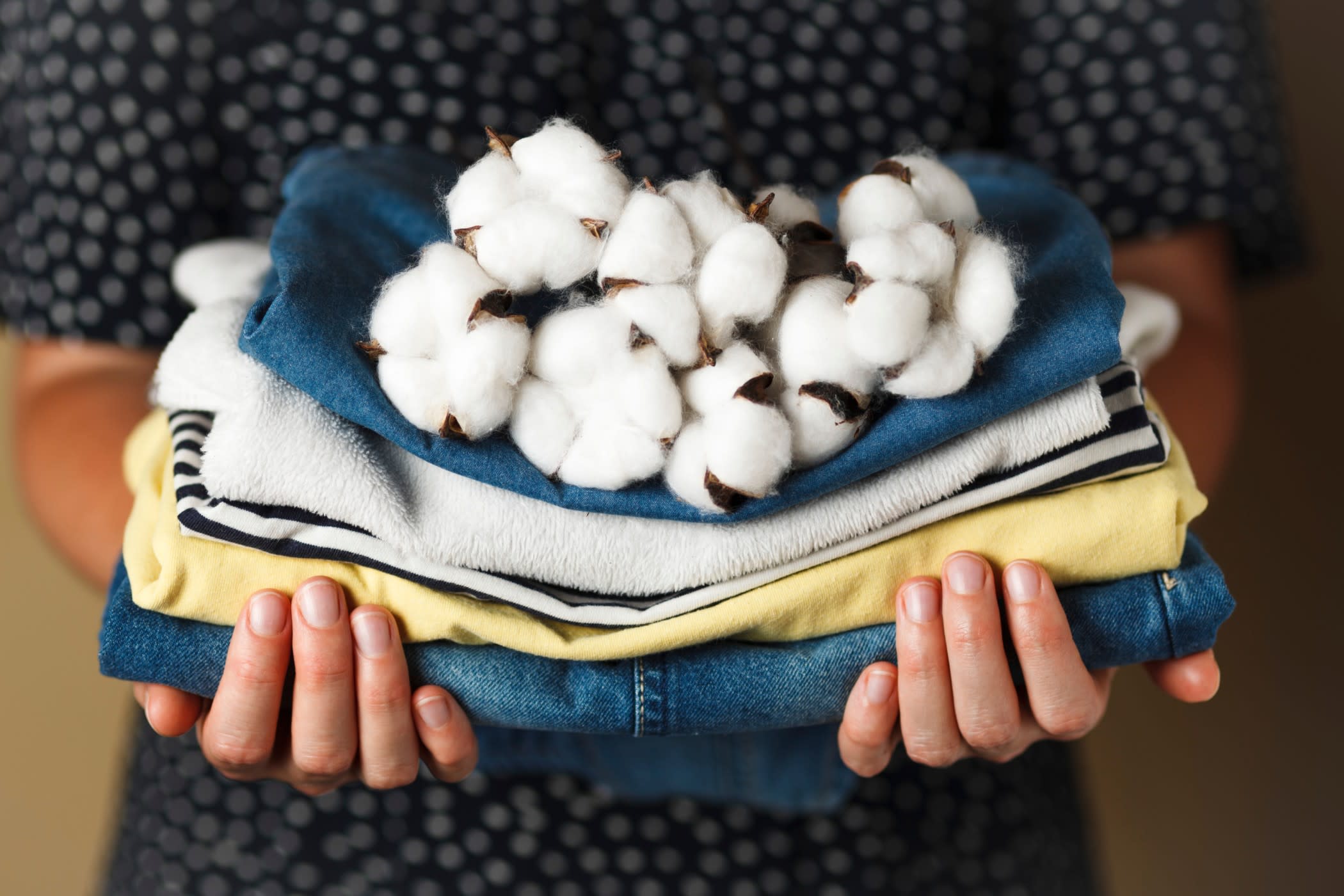10 Eco-Friendly And Zero Waste Product Packaging Ideas

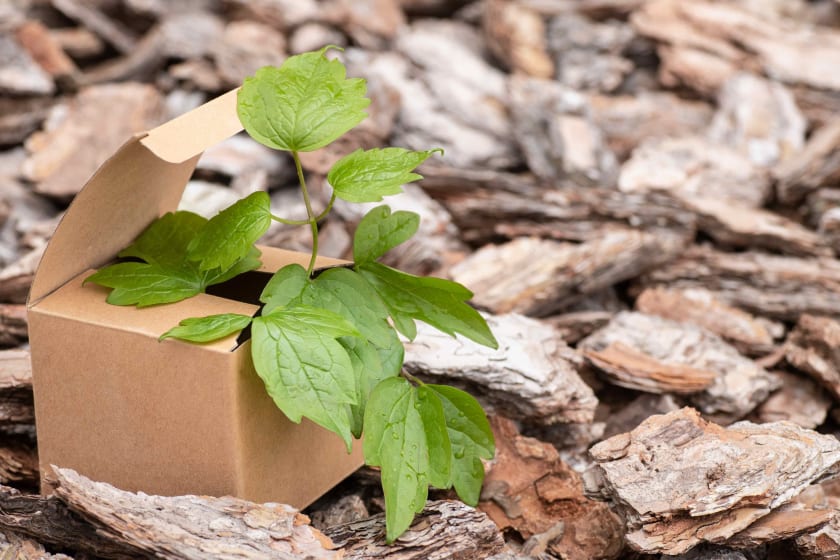

Summary: The demand for zero-waste packaging in the clothing industry has seen a jump over the last few years. These packaging materials are sourced from biodegradable components that break down easily, unlike plastics. Green packaging is now being seen as an extension of eco-friendly products. Here are 10 great green packaging alternatives to plastics.
After investing in eco-friendly products, the manufacturing industry, including fashion brands, is now incorporating zero-waste packaging solutions. Plastic is and has remained the mainstay of the packaging industry. But its abuse has degraded natural resources and has left behind a disastrous chain of carbon footprint. This has not only adversely affected human habitats but has started creating ecological imbalances threatening other living beings, particularly marine life.
At the turn of this century, manufacturing companies started coming up with innovative solutions in packaging to reduce dependence on and elimination of plastics. Brands like Calvin Klein have pledged to adopt 100% zero-waste packaging by 2025. Here are the top ten innovative and affordable zero-waste alternatives to plastic packaging for the clothing and apparel industry.
Innovative Green Packaging Ideas
According to a business insider report, fast fashion is responsible for the annual release of 500,000 tons of microfibers into the oceans. In other words, industry-produced clothes are dumping 50 billion plastic bottles every year into marine habitats. As a result, eco-friendly products and packaging solutions offer a great opportunity to undo the damage that has been precipitated by the industry.
Let us discuss the breakthrough innovations and smart practices in zero-waste packaging that the fashion industry can put to good use.
1. Compostable packaging
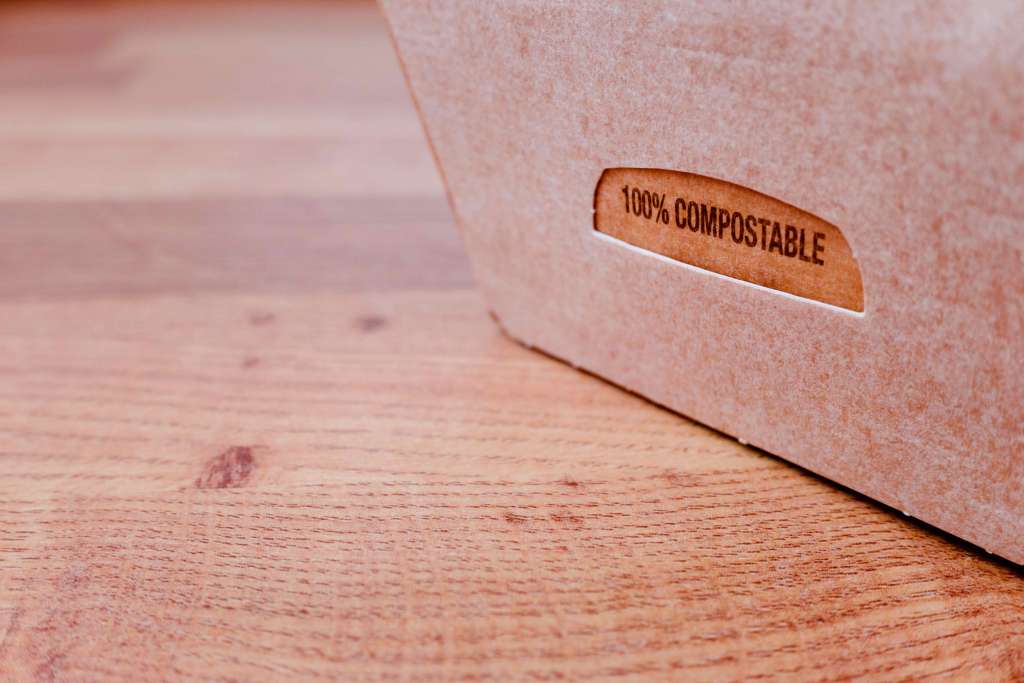
The fashion brands that rely on small packages for global shipments can make use of compostable packaging made from plant-based materials such as bamboo and sugarcane. Recycled paper, wood pulp and cardboard are also used to make compostable material that breaks down naturally in 12-15 weeks.
2. Plantable packaging
Pangea Organics was the first to popularize plantable packaging for its beauty products. Seed paper product technology is now being extended to packaging materials. The organic seeds in packaging material can be sown in your kitchen garden and give birth to new seasonal and fruit-bearing plants!
3. Bioplastics
Plastic, which was earlier a necessary evil, is now giving way to some really great alternatives. Bioplastics can majorly change the way fashion products are shipped around the world. Bio-plastics made from bamboo and sugarcane are the new rage in eco-friendly product packaging. They disintegrate into polylactic acid (PLA) which is 100% carbon-neutral.
4. Glassine packets
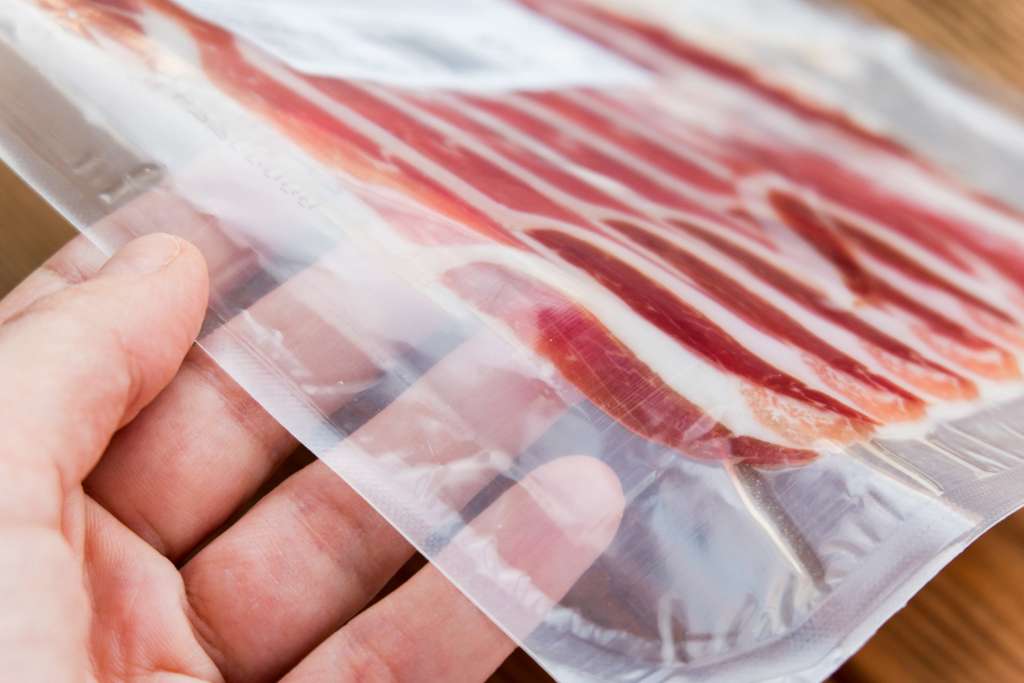
Transparent packaging is a fashion industry staple. This is why plastics have been dominating the packaging component in this business. Glassine packets are made by processing recycled wood pulp. They are transparent and biodegradable. They are most suitable to ship eco-friendly products in clothing and footwear.
5. Hemp packaging
Hemp plastic is an eco-friendly polymer that is both strong and durable. Industrial use of hemp plastics has already been approved for cars and musical instruments. Now, the bast fiber produced by this cannabis variant is being used to create sturdy packaging materials for long-distance shipping.
6. Mushroom packaging
Mushrooms are being used for eco-friendly packaging. This biomaterial is a mixture of mushroom roots and plant waste. The mycelium in mushrooms binds well with plant waste and can be composted at home. Eco-friendly products for skin care and make-up that require small packaging can benefit from this green packaging material.
7. Cornstarch packaging
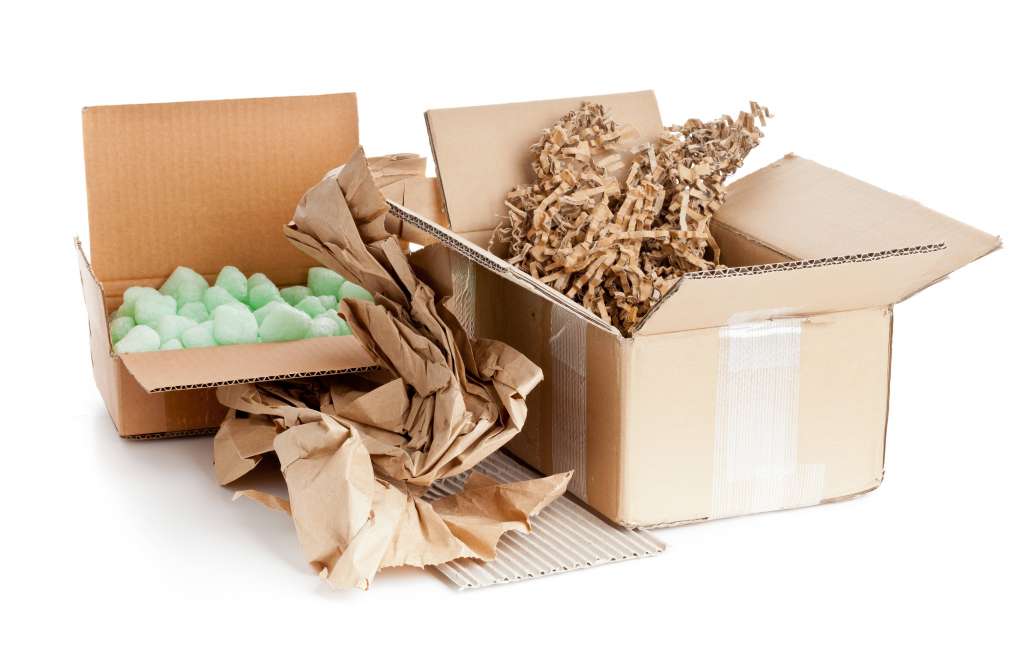
Cornstarch which has been much abused by the food and beverage industry is a surprise entrant in the packaging world. It is now replacing wood-based packaging and is being mass-produced in various packaging materials such as bioplastics and green cell foam. These products can be used by the clothing industry for its packaging needs.
8. Seaweed Packaging
Like mushrooms, another breakthrough innovation is seaweed packaging. At the heart of this biodegradable and zero-waste material is agar. Agar is a component commonly found in algae and seaweeds and is dehydrated to create sustainable packaging material for eco-friendly products.
9. Cardboard bubble wrap
Who doesn’t love bubble wrap? These are used as fillers in boxes to cushion high-end products such as electronics and fragile goods made from glass and china. Bubble wraps are now being made from corrugated cardboard which is reusable and biodegradable. The downside is you may not be able to pop the cardboard bubbles!
10. Organic bags
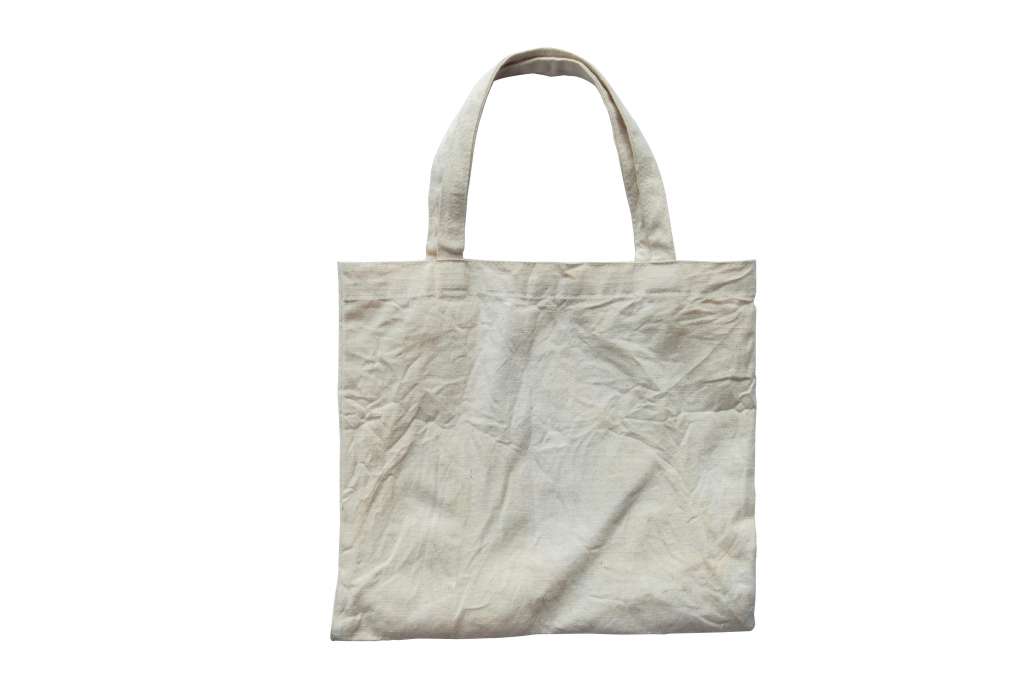
The age-old bags made of cotton and naturally-sourced fabrics are the earth’s best friends. These ethically-sourced organic materials are 100% biodegradable and reusable. Other than cotton, recycled and upcycled silk and woolen textiles are now being used to make bags and packaging materials.
Green Packaging and Eco-Friendly Products Are Complementary
Making eco-friendly clothing that helps reduce water wastage and methane emissions, and cuts down on microplastics is the way to go for the fashion industry. But if they are still packaging and shipping eco-friendly products in plastic, then it defeats the entire purpose. This is why adopting biodegradable and recyclable materials for packaging adds to the effort of earth-friendly manufacturing.
Key takeaways
- Eco-friendly products when packaged with zero-waste packaging, help fashion brands become climate-neutral. Zero waste refers to the complete elimination of plastics in packaging. This includes discarding packaging tape and bubble wrap.
- Several breakthrough product packaging innovations such as compostable and plantable packaging are making eco-friendly products even better. Materials drawn from seaweeds, cornstarch and hemp are aiding the transition of apparel brands to zero-waste packaging solutions.
If you are looking to go green with eco-friendly products and packaging solutions under one roof, Fashinza can incentivize your production chain with great options.
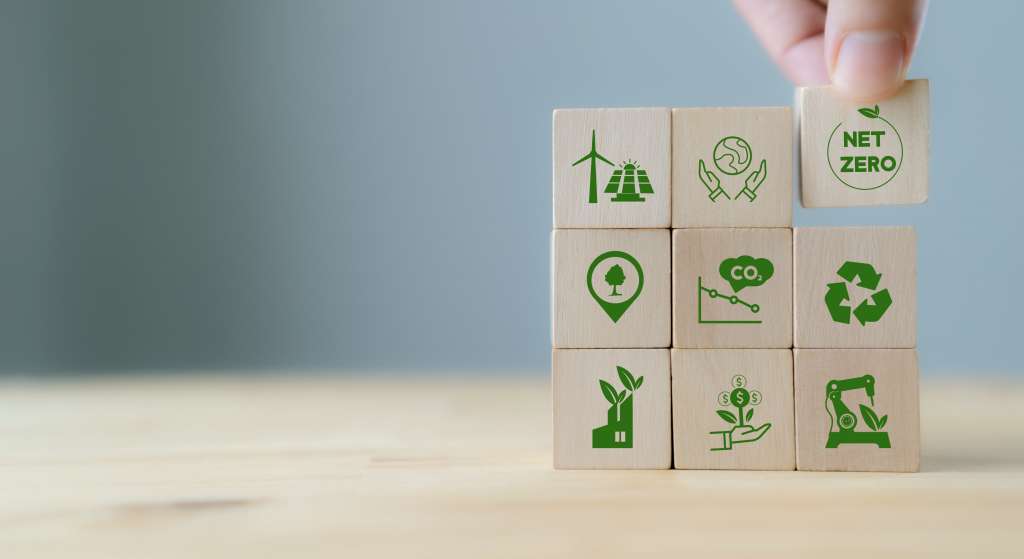
For great carbon-neutral suppliers and manufacturers, visit us at Fashinza.

















